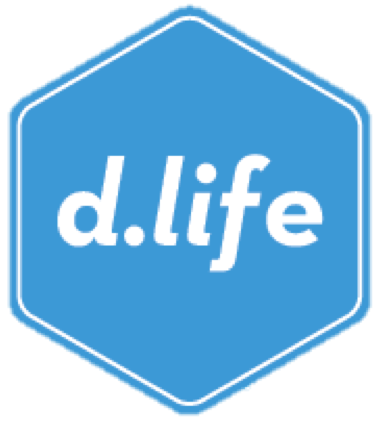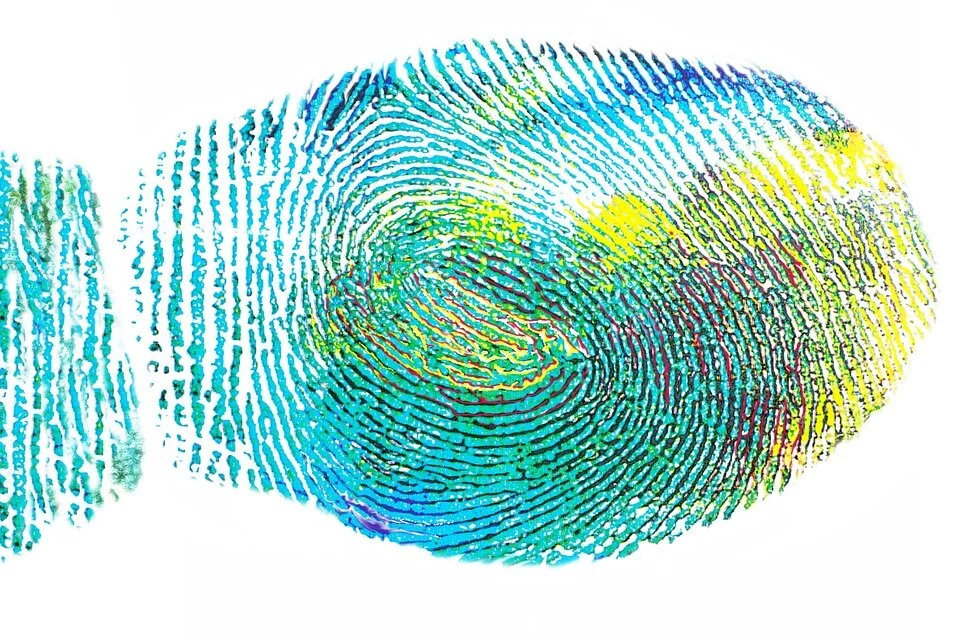EMBEDDING IDENTITY AWARENESS AND UNDERSTANDING INTO LIFE DESIGN EDUCATION
At Tulane University, our life design course is hosted through the Taylor Center for Social Innovation and Design Thinking and our focus has always been on “changemaking life design”—supporting students in aligning their professional journey with tackling big social and environmental issues in our world.
A cornerstone of our changemaking education philosophy is helping students recognize how their own intersecting identities come into play when tackling a social or environmental issue alongside communities who share similar or different identities. We believe that identity is core to how we see the world and how we see ourselves in the context of the world as it relates to work. Our intersecting identities are the foundation upon which we build our understanding of the world and come to find “our place.”
The Summer 2020 protests for racial justice inspired a year of inquiry and deep reflective work at Tulane University as we sought to design a more equitable and inclusive life design curriculum that would overtly recognize powerful systems of oppression that limit upward mobility for some while maintaining wealth, power, and resources for others; acknowledge and honor the many different lived experiences of our students, and build community across difference.
As such, we wanted our new curriculum to further shed light on structural barriers that exist, equip students with tools and resources to design their way forward, and thread identity education throughout the course in an effort to further support students in better understanding how their intersecting identities related to race, gender, social class, ethnicity, religion, sexual orientation, immigration status, age, abilities, or other factors impact their experience in the “working world.”
This post shares one activity, Kujichagulia, that we learned from Grow Dat Youth Farm.
A few weeks into the Fall semester, our seven Taylor Your Life sections are all rolling out the new curriculum. Click here to read more about the curriculum redesign process.
Kujichagulia
Time: 15 mins-45 mins, depending on number of “rounds”
This activity introduces identity as a lens through which our lives are designed (for us) and the “self determination” we have to design our own lives, while setting the tone for a semester reflecting on identities and honoring the different ways in which we all experience the world, and therefore, experience the world of work.
Learning Outcomes:
Reflect on different facets of one’s identity
Discuss identity markers of one’s choice
Explain up to three aspects of one’s identity
Describe how different aspects of one’s identity impact your experience in the world
Honor different lived experience
Engage authentically in pairs
Facilitator Talking Points and Activity Guide
A big part of ”accepting” and “empathizing” is understanding and beginning to articulate who we are and where we come from.
Introduction: 5 minutes
Tell participants that you're about to do an activity called kujichagulia, an activity introduced to us through Grow Dat Youth Farm.
Ask folks if they know what Kujichagulia is (They likely won't but someone might)
It's one of the principles of Kwansaa that means self-determination: To define ourselves, name ourselves, create for ourselves and speak for ourselves.
Ask participants, how has your generation been defined?
Shout it out! What have you heard people say about your generation?
What do you notice about what you just said? A lot are negative! How do you feel about that?
Would you describe yourself that way?
No!
Now, how would YOU define your generation?
You will likely notice that this is very different from how others would describe you…
So, in the spirit of “self determination”, We are going to spend a little time sharing about how we identify and describe ourselves.
There are many ways we identify and those often come with assumptions. What are ways that we identify?
Yes! Be sure students mention: race, sexuality, ethnicity, gender, class, religion, SES, etc. etc….
Feel free to also suggest more broad markers based on hobbies or other markers of identity: ie: older brother, dancer, soccer player, aries…
Demo: 3 mins
You are going to select three of these markers and then write on a post it note how you specifically identify.
Example: I'll choose race, gender, and geographic origins, so I'll write down White, Woman, New Yorker. My partner will do the same (partner selects and says them out loud to the class).
Now, I get to ask my partner and my partner gets to ask me about one of these markers: “Tell me what it means to you to be a woman?” Demo the conversation (1 min response), then switch.
Round 1: 3 mins
Your turn!
After the demo, instruct participants to do the same, select three identities they feel comfortable talking about.
Pair people up to share for 2-3 mins per round.
Round 2: 3 mins
As time permits, round three (or more)
Debrief: 5-15 mins
What was that like?
What were some surprises you had as you were exchanging stories?
Did somebody say something you were not expecting?
Did anybody share an identity marker and you were surprised about what they said?
Were there similarities? Differences? Either within same identity markers or between two different ones?
How did it feel to share these stories and exchanges?
Why do you think we did this as an intro do a class about careers?
Identity is going to be a lens through which we think about life design-- we cannot remove the realities of identity as we do this!
People with different identities have very different experiences in the working world!
This class is meant to shed light on some of those inequities while providing you resources and tools to work through barriers.
As a changemaker, it is also important to understand your identities as they are similar/different to people in communities you want to serve
Kujichagulia means self-determination "To define ourselves, name ourselves, create for ourselves and speak for ourselves." Why do you think we did this/how does this relate to a class about life design?
You are defining, naming, creating a definition and creating a life for yourself!
You can view the full Instructor Guide for this class here.
Click here to gain free access to our entire new updated curriculum.
If you use or adapt our materials, we would love your feedback, as we are continuously updating and redesigning our curriculum.
Questions? Comments?
Contact Julia Lang: jlang@tulane.edu
Professor of Practice & Associate Director of Career Education and Life Design
Phyllis M Taylor Center for Social Innovation and Design Thinking
Tulane University

